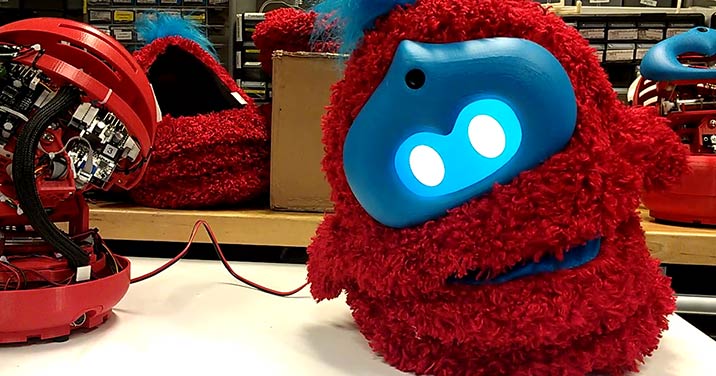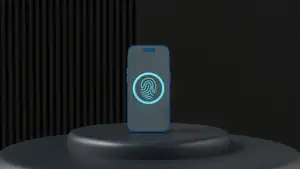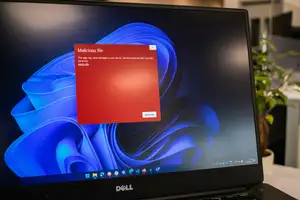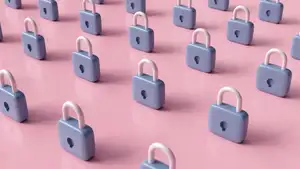
Could a Socially Assistive Robot be the Solution?
Perhaps you are aware that there is somewhat of growing trend underway to better utilize technology for in home interactions with children, especially the youngest children. In other words, a quest to develop technological solutions to deliver early literacy education.
With that in mind, you will be interested to learn that there is a new robotics platform engineered with just that sort of thing in mind. This platform is referred to as “Tega”. In so many words, Tega is envisioned as a “social robot”.
As such, Tega could be used for real world early learning applications such as vocabulary and even story telling. Following is a brief overview of Tega.
Note that the Tega robot is one in a line of Android based robots. These robots make use of the Tega Android platform to in essence leverage the smartphone. That allows for the direct control of the robot’s animated eyes, control of behaviors through on board motors and sensors and actuators.
In addition, the Tega robot includes on board speakers as well as a high definition camera with a wide view field. The speakers and the camera extend the Android smartphone capabilities. Furthermore, the on board battery system is engineered to be the most efficient design possible. Current Tega designs of Tega can operate for a full six hours before needing a recharge.
What does all of that mean in practice? It means that the Tega robot is in essence a tireless learning companion for children. It turns out the kids love Tega because the robot interacts in real time with expressions, movements and comments that keep the children engaged.
Think of Tega as something like Google Plus or Siri but designed for early learning. More importantly, the Tega robot actually interacts with the children with movements, expressions and engaging conversations. The key point to understand here is that unlike the traditional early learning model of teacher to child interactions, the Tega robot actually engages the child as a peer.
You can well imagine that the children are naturally more interested and engaged in this sort of learning activity. Which naturally raises a range of questions. Questions such as: Will technology such as Tega away with traditional early childhood learning programs? Will such technologies be the solution to the problems associated with a lack of teachers in some areas?
Stay tuned, this sort of technology is most definitely one to keep an eye on.









